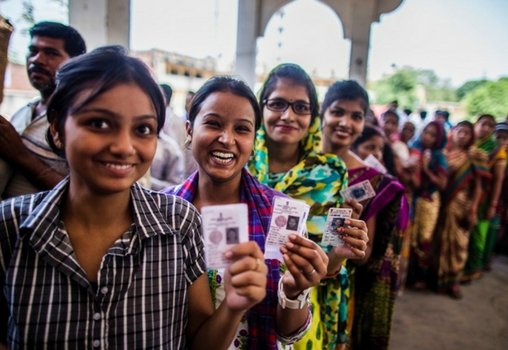In the ever-evolving landscape of global politics, the representation and influence of young women are critical for achieving a balanced and equitable governance system. However, despite significant progress in many areas, the political arena often remains skewed against young female leaders. This oversight not only hampers gender equality but also deprives political systems of diverse perspectives essential for comprehensive policymaking.
Introduction
This article explores the current status of young women in politics, examining whether their potential is being fully recognized and utilized. It delves into the barriers they face, the unique contributions they offer, and the necessary steps to enhance their involvement in political leadership.
The Current Representation of Young Women in Politics
Globally, while women’s participation in politics has increased, young women are still underrepresented in political roles. According to the Inter-Parliamentary Union (IPU), women under 30 make up only a small percentage of all parliamentarians worldwide. This underrepresentation raises concerns about the inclusivity and representativeness of political institutions.
Barriers to Political Entry
Young women aspiring to political careers often encounter multiple barriers:
- Cultural and societal norms: In many cultures, politics is still viewed as a male-dominated field, which can discourage young women from pursuing political careers.
- Lack of mentorship and networks: Young women frequently report a shortage of female mentors in politics who can guide and support their careers.
- Gender bias and discrimination: Gender stereotypes and discrimination can hinder young women’s progress, affecting everything from campaign financing to media coverage.
The Unique Contributions of Young Women
Young women bring essential perspectives to political discourse, particularly on issues like health care, education, family policy, and gender equality. Their involvement ensures that these topics are given appropriate attention and addressed in ways that consider the needs of all citizens.
Case Studies of Impactful Young Female Leaders
- Sanna Marin: As one of the world’s youngest prime ministers, Finland’s Sanna Marin represents a progressive approach to leadership, emphasizing transparency, equality, and social welfare.
- Ilhan Omar: In the U.S., Ilhan Omar has used her platform to address issues ranging from immigration to healthcare reform, bringing fresh perspectives shaped by her experiences as a Somali refugee and a Muslim woman.
Steps to Enhance Young Women’s Political Participation
To ensure young women are not overlooked in politics, several actions can be taken:
- Education and empowerment programs: Initiatives that educate and empower young women from an early age about their political rights and potential roles in governance.
- Mentorship and networking opportunities: Establishing more programs that connect young women with experienced female politicians can help build the necessary skills and confidence.
- Policy reforms: Implementing policies that actively promote gender equality in political institutions, such as gender quotas or targeted funding for female political candidates.
Conclusion
The importance of young women in politics cannot be overstated. Their underrepresentation is not just a loss for gender equality but for the political system as a whole, which misses out on the diverse and vital perspectives they bring. Addressing the barriers they face and actively promoting their participation are crucial steps towards a more inclusive and effective governance model. As we strive for a balanced political landscape, recognizing and harnessing the potential of young female leaders is imperative.


Leave a Reply